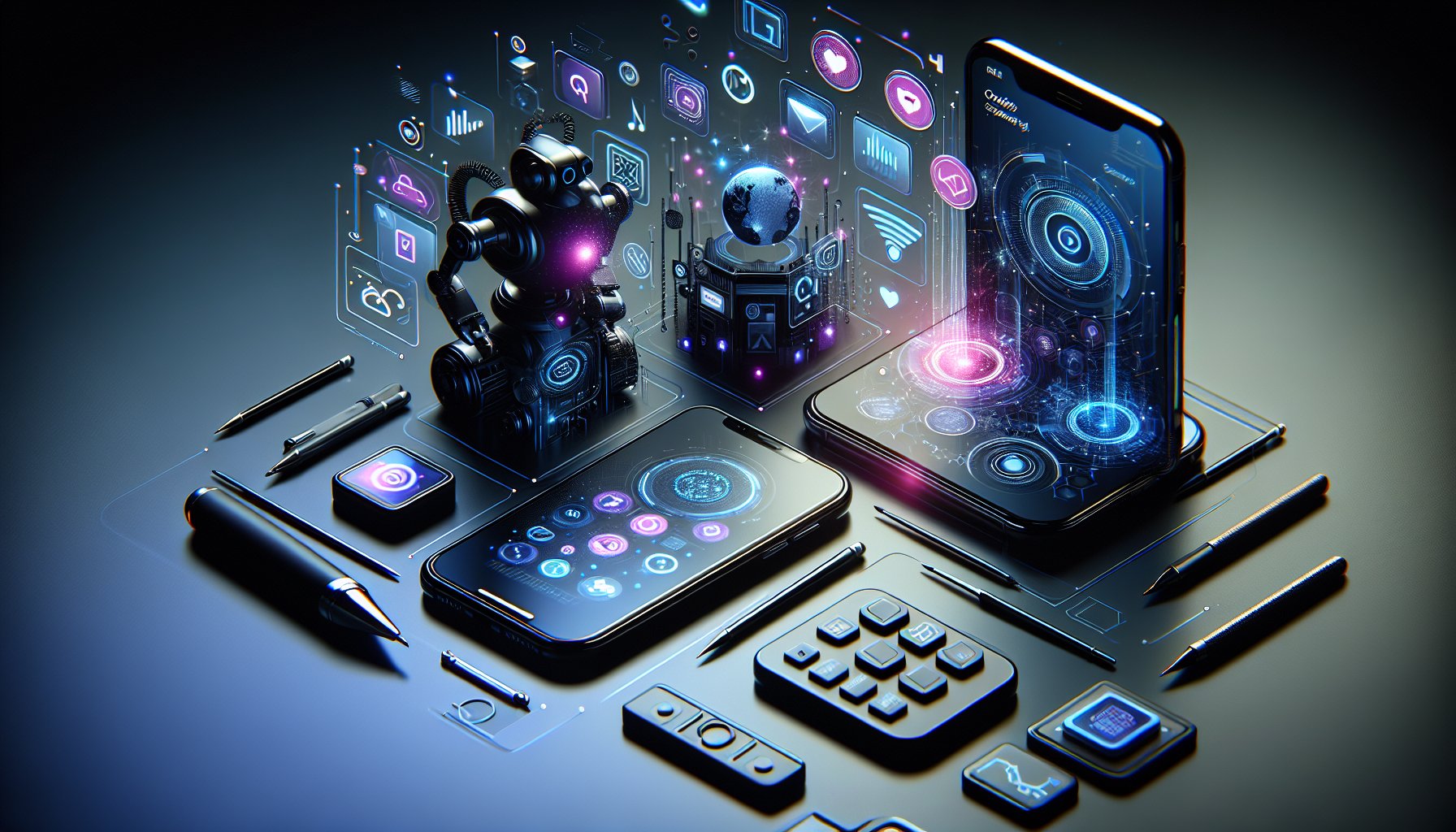Introduction
As we navigate the technological landscape of 2025, we're met with a surge of innovative technologies that are revolutionizing mobile app development. From next-gen programming languages to the integration of Artificial Intelligence (AI) and Machine Learning (ML), the opportunities to create sophisticated, user-centric mobile applications are endless. Let's dive in and explore these exciting technologies and how they are shaping the future of mobile app development.
Modern Frameworks: The Building Blocks of Mobile Apps
Modern frameworks have become the cornerstone of mobile app development, providing developers with robust, efficient, and flexible tools to create high-performing apps. Flutter 4.0, Jetpack Compose, and SwiftUI have emerged as the front runners, offering a seamless development experience across Android, iOS, and even Web platforms.
For instance, Flutter 4.0’s new features like null safety and support for foldable devices provide a more fail-safe and adaptable application development experience. Code examples to demonstrate these features in action would be:
void main() {
int? aNullValue;
int aNonNullValue = aNullValue ?? 0;
print('The value is $aNonNullValue.');
}
This simple Dart code demonstrates the use of null safety in Flutter 4.0. The '??" operator is used to provide a default value when a variable is null.
Artificial Intelligence and Machine Learning
AI and ML have become integral to mobile app development, opening up new avenues for creating smart, interactive, and intuitive applications. From personalization features to predictive analytics, AI and ML are reshaping the user experience and driving user engagement to new heights.
Emerging Technologies: Redefining the Mobile Experience
Augmented Reality (AR) and Virtual Reality (VR) are no longer just buzzwords. They are now an integral part of the mobile experience, offering immersive, interactive, and engaging experiences that captivate users. Whether it's an AR-based shopping app that allows users to visualize products in their own space or a VR game that transports players to a different world, these technologies are setting new standards in the realm of mobile apps.
The Internet of Things (IoT) is another game-changer, enabling a new level of connectivity and interactivity between devices. With IoT, mobile apps can control smart home devices, track health metrics, and even manage industrial systems, offering unprecedented convenience and efficiency.
Preparing for the Future: Quantum Computing
While still in its nascent stages, Quantum Computing holds immense potential for mobile app development. With its ability to solve complex problems in a fraction of the time traditional computers take, Quantum Computing could revolutionize data processing and security in mobile applications.
Conclusion
As we move forward, the realm of mobile app development is set to undergo more transformations with the advent of new technologies and innovative solutions. By harnessing the power of these technologies, developers can create sophisticated, feature-rich, and user-centric mobile apps that not only meet but exceed user expectations. The future of mobile app development is here, and it's more exciting than ever.
